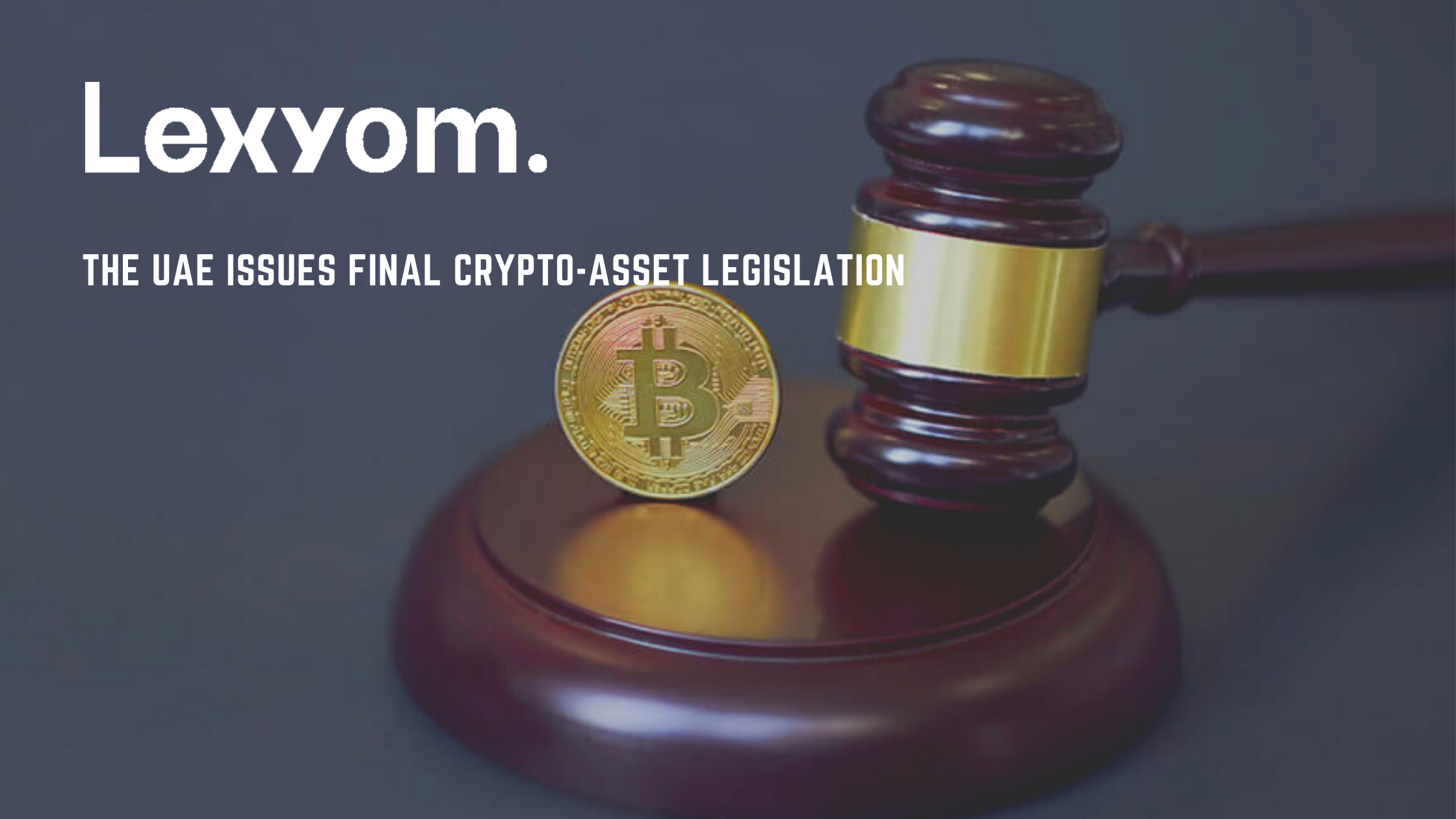The UAE SCA published the final crypto-asset law on the issuance, advertising, and circulation of crypto assets on its website.
The SCA defines crypto-assets as valuable electronic records or a distributed database used to trade or store in its law. Crypto assets represent ownership, economic rights, and the right to be used for profits; they can be transferred electronically from one person to another using a computer application.
The new regulation defines Security tokens as financial instruments that can be issued and traded in an encrypted form; Commodity tokens as assets but not financial instruments. It distinguishes between commodity tokens and regulated commodity tokens, which are cryptocurrencies or digital assets traded and registered in the UAE.
The SCA legislation also explains that crypto-asset exchanges are an entity in which crypto assets, currencies, stocks, and bonds are registered, licensed, traded, and transferred within the UAE. It identifies custodians of encrypted assets as secure storage of crypto assets using encrypted financial instruments and crypto-regulated commodities, as well as crypto keys or digital wallets, etc.
UAE’s crypto-asset law aims to legalize the issuance and trading of crypto assets and all financial activities related to it in the UAE and regulate approvals and exceptions of relevant licenses by the SCA.
The law further details the requirements for issuing securities tokens or crypto assets as financial instruments in a financial-free zone or an onshore. It also specifies the legitimacy related to crowdfunding platforms or the use of crypto assets to raise funds and issue shares.
In the case of cryptocurrency custodians, unless the SCA provides a license for this purpose, no institution can conduct this activity; the custodian gets the ability to be the owner of crypto assets issued and/or the operator of the encrypted asset platform.
The launch of cryptocurrency exchanges and the use of crypto assets to raise funds or make investments are regulated thoroughly by the law. For instance, crowdfunding platforms are supposed to obtain a license. Investors cannot exceed 350,000 AED in contribution, and KYC and AML tools should be respected and put in place.
Under this new law, entities and companies’ technologies and measures to mitigate money laundering, fraud, and other risks are treated to digitize financial tools and instruments.
To sum up, the new crypto asset laws and the latest issuance of digital currencies and digital wallets by the Central Bank of the UAE encourage the reliance on encryption, blockchain, DLT, and decentralization to bring the UAE and the region into the digital world.







